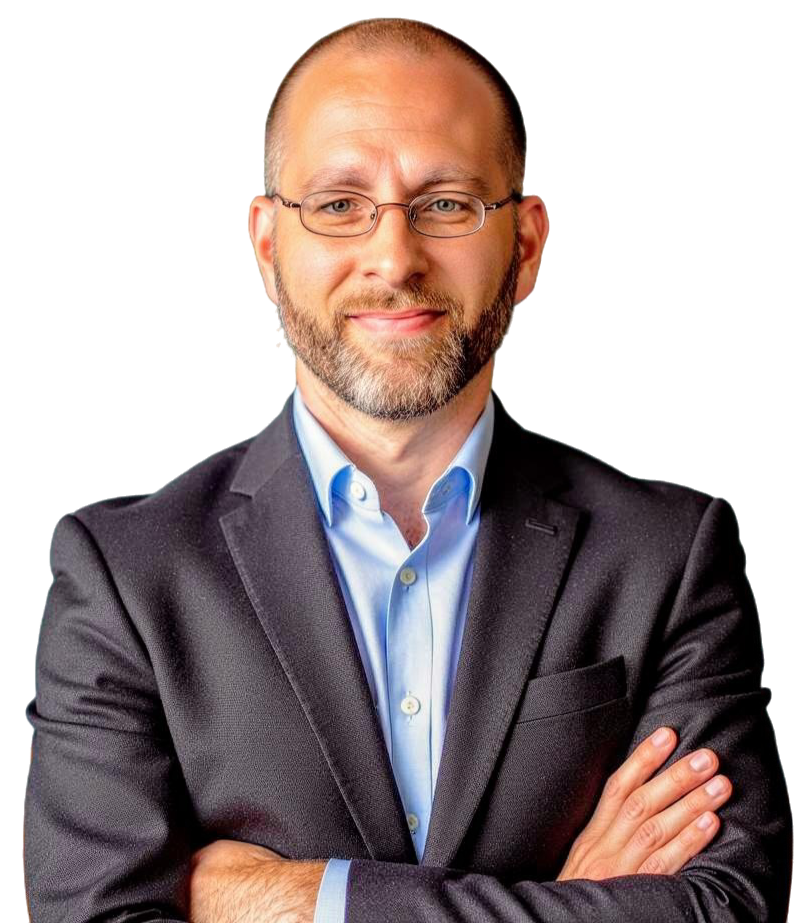Listen to this article:
Abstract: The modern workplace is undergoing a fundamental shift as highly skilled professionals increasingly prioritize meaning, mission, and flexibility over traditional career structures. This article examines how forward-thinking organizations are adapting through job crafting and impact-focused approaches that transcend hierarchical limitations. By implementing skill-based matching systems, fostering autonomy, aligning individual development with strategic needs, reimagining performance management, and creating recognition systems that celebrate diverse contributions, companies can better retain top talent. The research shows professionals willingly sacrifice compensation for purposeful work, with 70% of millennials reporting they would take pay cuts for more meaningful roles. As specialized expertise becomes the cornerstone of innovation, organizations that empower employees to apply their skills flexibly across traditional boundaries not only enhance retention but also unlock discretionary effort and passion that drive organizational success in an increasingly complex business landscape.
The modern workforce craves meaning, mission, and flexibility more than ever before. Highly skilled professionals dedicate years developing niche expertise to make a difference - but traditional job structures can't contain their drive.
Today we will explore how organizations can rise to meet evolving employee needs through job crafting, promoting impact over hierarchy. With tactical yet values-driven changes, leaders retain top talent harnessing their passion for purpose, not position.
Workers Want Work, Not Boundaries
Research suggests professionals increasingly prioritize purpose over prestige. A 2017 study found 70% of millennials would take a pay cut to do more meaningful work, and 75% would stay at a company longer if it focused on societal issues. Yet rigid roles often silo expertise from where it's most needed. Workers with specialized skills crave challenge and impact across department lines.
Job crafting loosens such constraints by empowering professionals to shape responsibilities cooperatively with managers. Instead of predefined tasks, colleagues collaborate customizing work around interests and strengths. This taps intrinsic motivation driving high performers. Industries like consulting pioneer such flexibility through matrix structures pairing associates to projects harnessing diverse expertise.
The Rise of Skill-Based Matching
As skills rapidly evolve, organizational structures must too. Traditionally stability stemmed from long tenure in narrow job families. Now continuous learning and adaptability are priorities. Skill inventories identify talent applicable beyond current roles. Software enables dynamic skill-based matching connecting workers with leaders on initiatives leveraging their niche strengths.
Rather than titles, impact becomes the currency for career growth as professionals focus on meaningful contributions. Leaders coach maximizing each person's potential through challenges aligning interests and specialized knowledge. Microsoft's internal talent marketplace exemplifies allowing staff to self-select high-impact projects driving business strategy.
Supporting Impact Through Autonomy
Empowering professionals requires leadership philosophy shifting from control to support. Micromanagement stifles skills-based fluidity as it discourages risk-taking innovating new solutions. Leaders foster ownership by establishing aspirational goals then step back, available as advisors not dictators.
Teresa Torres leads a software company embracing autonomy through results-only work environments (ROWE). There staff self-organize around objectives, labor flexibly from anywhere, judged solely on outputs. Surveying reveals higher engagement and less stress versus confined roles. Autonomy nurtures discretionary effort fueling creativity employers crave most.
Aligning Individual Development With Organizational Needs
While independence energizes top performers, guarding business priorities requires coordinated development. Leaders map evolving expertise against strategic roadmaps anticipating skill requirements. Individual development planning (IDP) prompts structured conversations aligning career aspirations with organizational needs.
An industrial manufacturer exemplifies using IDPs successfully. Department heads benchmark specialized proficiencies quarterly against projected technologies. Staff craft goals expanding mastery beneficial where growth opportunities exist. Leadership guides cross-training or further education maintaining balance between employee fulfillment and operational readiness.
Rethinking Performance Management For Flexible Roles
Traditional performance appraisals prove ill-suited evaluating fluid, self-directed work. Check-ins focus narrowly on predefined metrics lacking context of varied contributions. Professionals hesitate experimenting innovative approaches fearing repercussions from inflexible systems.
High-performing companies replace annual reviews with continuous feedback. Supervisors regularly coach progress towards shared objectives providing supportive course corrections as needed. Feedback focuses on developmental needs versus relative comparisons. Quantitative ratings disappear; qualitative commentary drives growth. Transparency eliminates rating anxiety allowing professionals maximum discretion optimizing impact.
Cultivating Ownership Through Recognition
While autonomy and feedback energize top performers, feeling valued remains core to retention. Traditional rewards like bonuses recognize set contributions discounting serendipitous high-impact sparks. Recognition reflecting flexible roles requires reconsidering what achievements merit celebration.
An engineering consultancy instituted peer spot bonusesallowing staff to nominate and reward colleagues. Project teams vote discretionary amounts for those excelling flexibly across initiatives. Honorees privately receive notifications describing appreciated efforts boosting morale. Publicly, a recognition wall profiles spotlighted exemplars cultivating a culture valuing diverse, discretionary contributions over predefined roles.
Conclusion
The future of work demands agility from both professionals and the structures containing them. Rigid roles constrain top talent thirsting to maximize specialized skills wherever most applicable. By loosening boundaries, aligning careers with strategy, and shifting focus from job titles to impact, organizations tap hidden wells of discretionary effort and passion. Flexibility retains highly skilled experts craving meaningful work over static positions. With an empowering yet coordinated approach fusing individual interests to strategic needs, companies leverage specialists’ drive to meaningfully apply expertise wherever it creates value most.
References
Schawbel, D. (2017, December 11). One-third of Millennials would take a pay cut to do meaningful work, global study finds. Forbes.
The Conference Board of Canada. (2017, July 25). Meaningful work top priority for millennials, research finds.
Torres, T. (2014, January 3). Results-only work environment (ROWE) improves productivity and morale. Fast Company.

Jonathan H. Westover, PhD is Chief Academic & Learning Officer (HCI Academy); Chair/Professor, Organizational Leadership (UVU); OD Consultant (Human Capital Innovations). Read Jonathan Westover's executive profile here.
Suggested Citation: Westover, J. H. (2025). Retaining Talent Through Flexibility: Leveraging Highly Skilled Professionals' Desire for Impact Over Titles. Human Capital Leadership Review, 19(3). doi.org/10.70175/hclreview.2020.19.3.3













